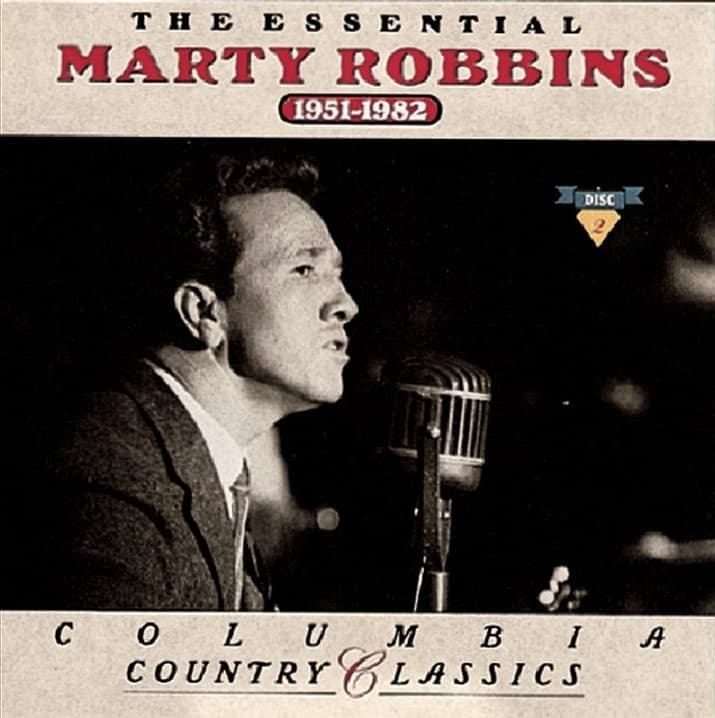
Marty Robbins – Mr. Teardrop: A Melancholic Ode to Heartbreak
In the rich tapestry of American country music, few artists have left as indelible a mark as Marty Robbins. Known for his velvety voice and storytelling prowess, Robbins captured the essence of human emotion in a way that resonated deeply with audiences. Among his extensive repertoire, the song “Mr. Teardrop” stands out as a poignant exploration of heartache and longing.
Released in an era when country music was evolving yet still deeply rooted in its traditional themes, “Mr. Teardrop” encapsulates the quintessential elements that made Robbins a household name. Although it may not have soared to the top of the charts like some of his other hits, it found a cherished place in the hearts of those who experienced its haunting melodies and heartfelt lyrics.
The narrative of “Mr. Teardrop” revolves around the universal theme of lost love—a theme that is as timeless as it is relatable. The song’s protagonist is enveloped in sorrow, personified by the metaphorical “Mr. Teardrop,” a constant companion through the trials of a broken heart. This clever personification allows listeners to connect on a personal level, as many have known their own versions of “Mr. Teardrop” during life’s more challenging moments.
Marty Robbins had an uncanny ability to draw from his own life experiences and infuse them into his music. Born and raised in the desert landscapes of Arizona, Robbins often spoke about the influence of his upbringing on his songwriting. The stark beauty and solitude of the desert can be felt in the melancholic undertones of “Mr. Teardrop,” where each note seems to echo across a vast, empty plain.
The backstory behind “Mr. Teardrop” is one steeped in introspection and reflection. It is said that Robbins penned this song during a period of personal reflection, perhaps inspired by his own encounters with love’s complexities and the inevitable tears that accompany them. The authenticity with which he conveys these emotions is part of what has allowed the song to endure over time.
Musically, “Mr. Teardrop” features Robbins’ signature blend of smooth vocals and understated instrumentation—a combination that highlights the lyrical content rather than overshadowing it. The gentle strumming of the guitar paired with subtle orchestration provides a fitting backdrop for Robbins’ emotive storytelling.
For older listeners, “Mr. Teardrop” may evoke memories of times when life seemed simpler, yet emotions were just as complex and consuming as they are today. It serves as a reminder of music’s power to articulate feelings that words alone cannot fully express—a sentiment that resonates with anyone who has ever found solace in a melody during life’s trials.
In reflecting on Marty Robbins and his legacy, one cannot help but appreciate how songs like “Mr. Teardrop” continue to touch hearts across generations. They remind us that while times may change, the fundamental experiences of love, loss, and longing remain beautifully constant—a testament to Robbins’ enduring impact on the world of music.
As we listen to “Mr. Teardrop,” we are invited to step back into a time when storytelling through song was both an art form and a means of connection—a reminder that even in our most solitary moments, we are never truly alone when we have music by our side.